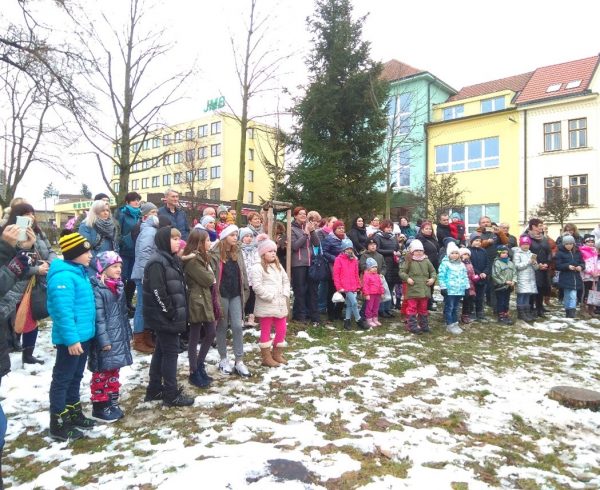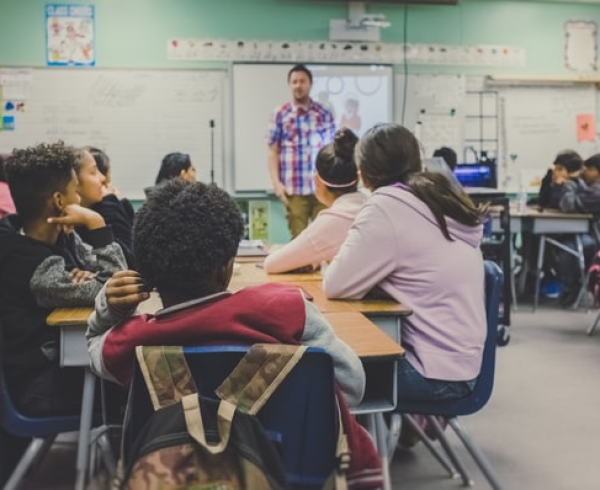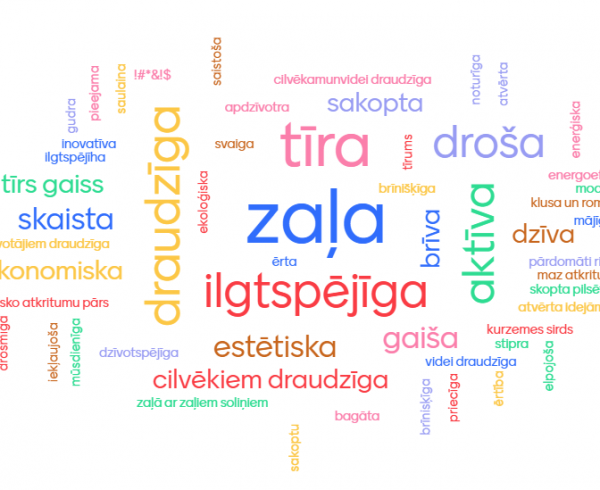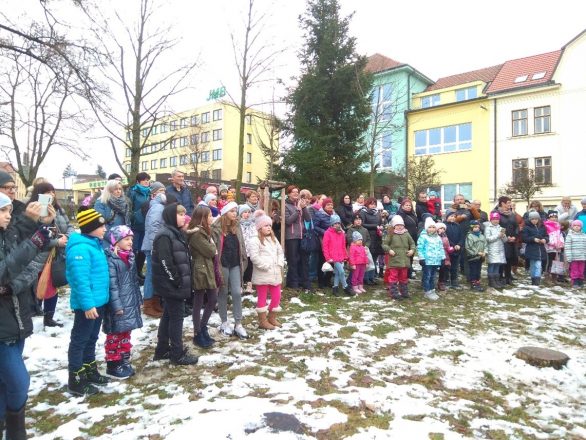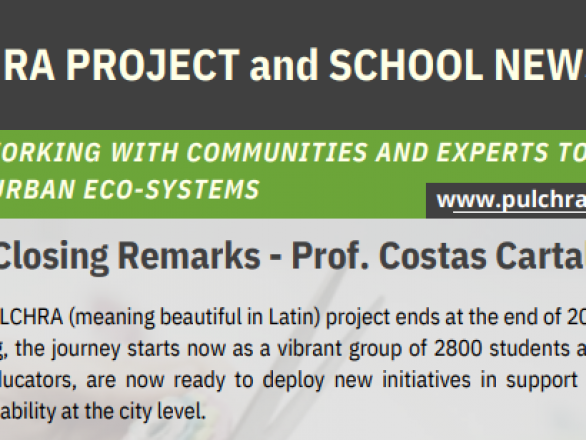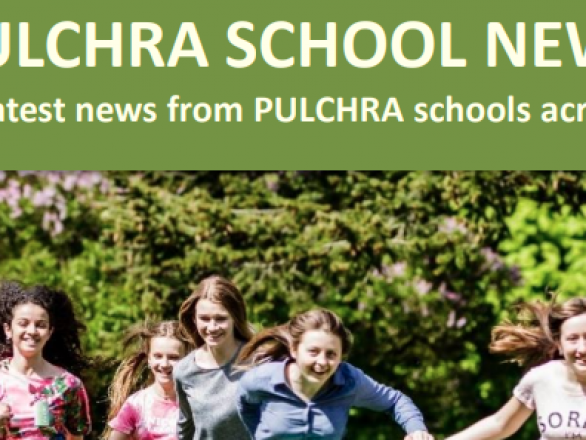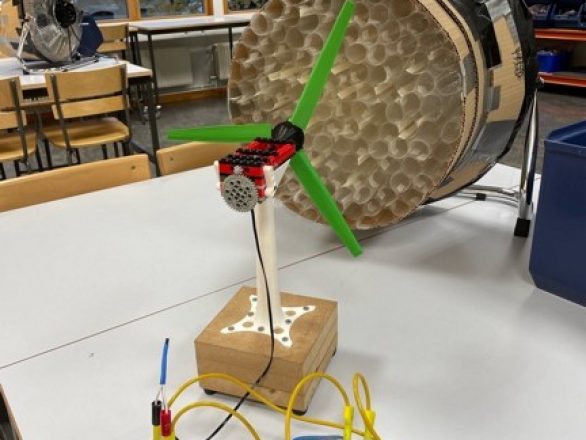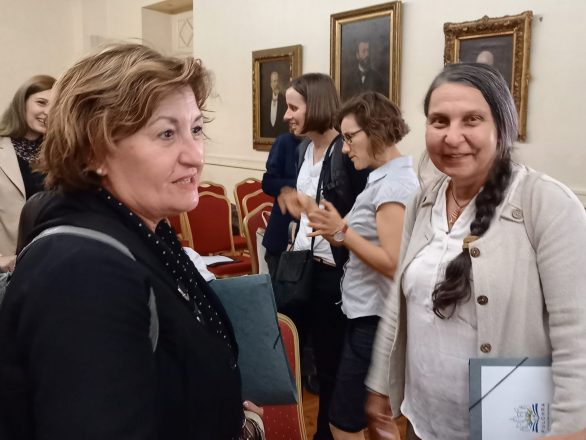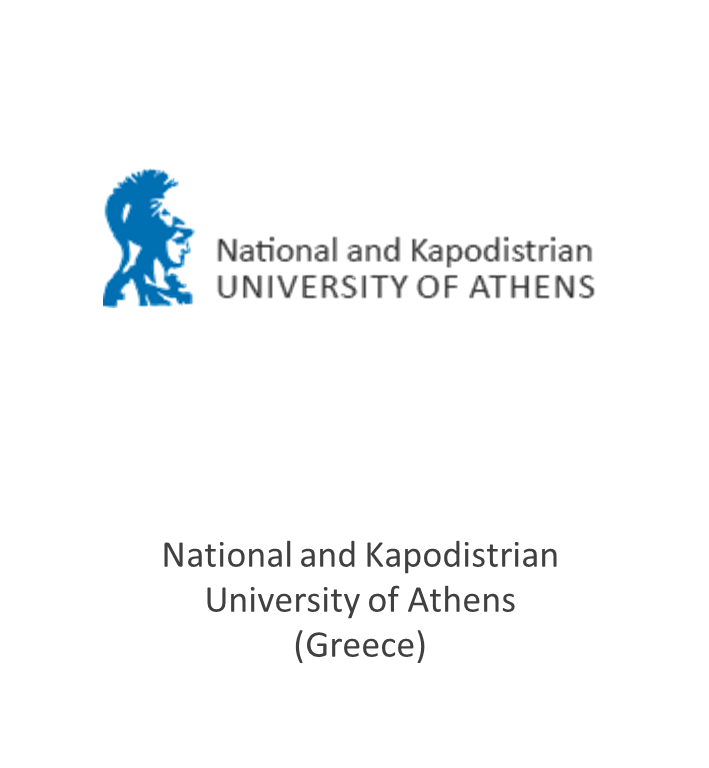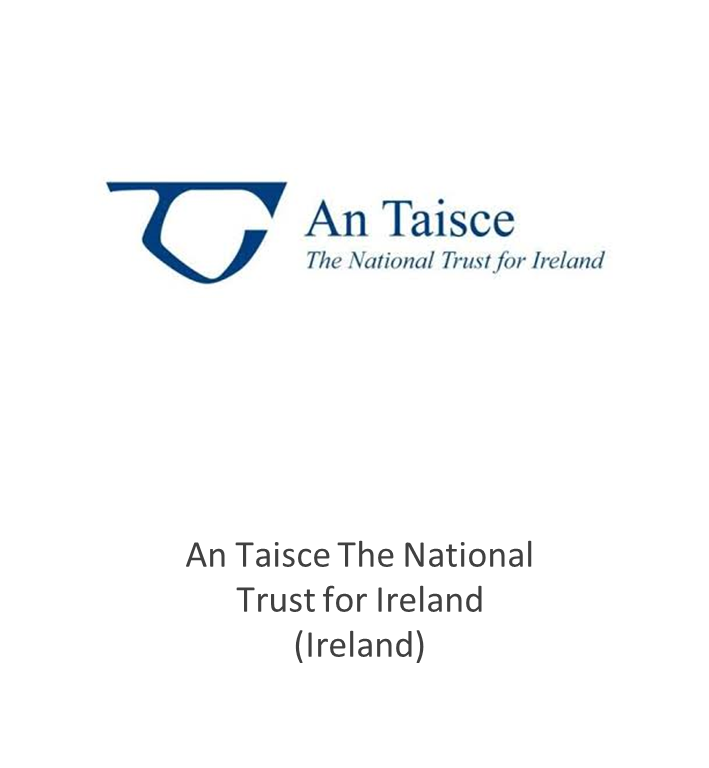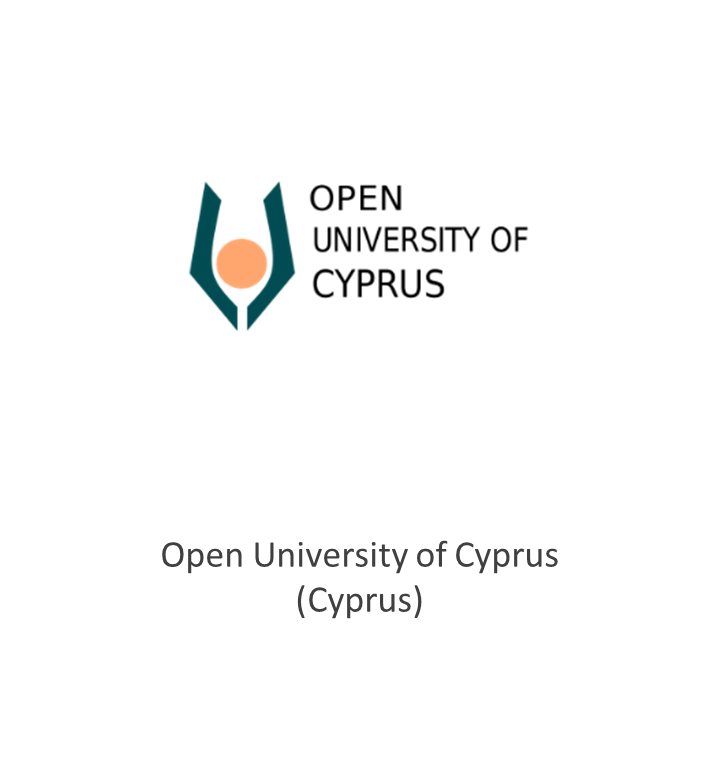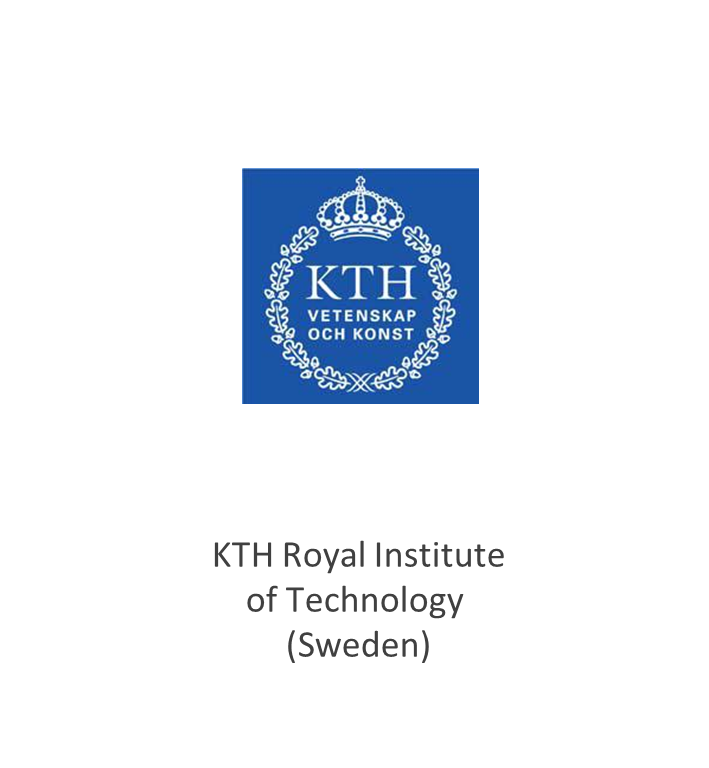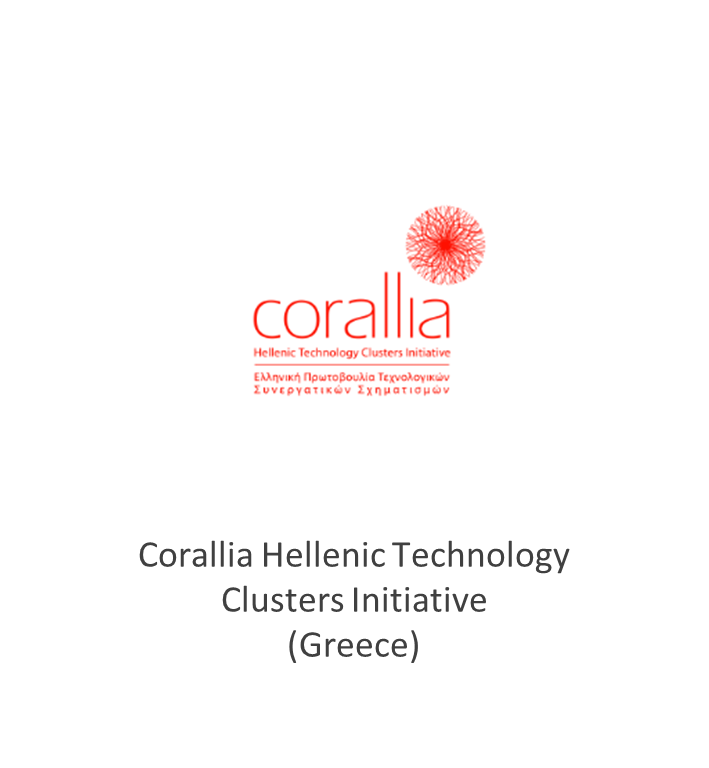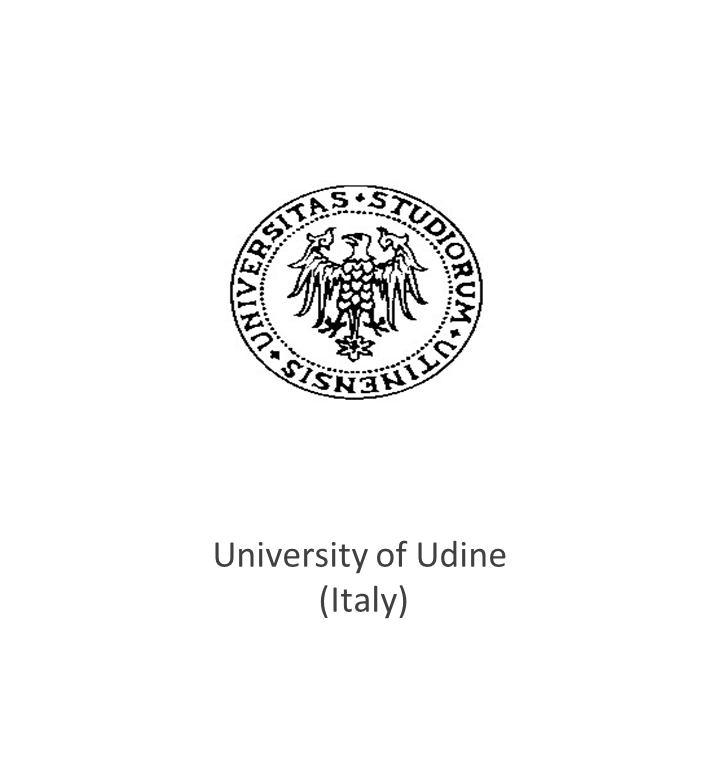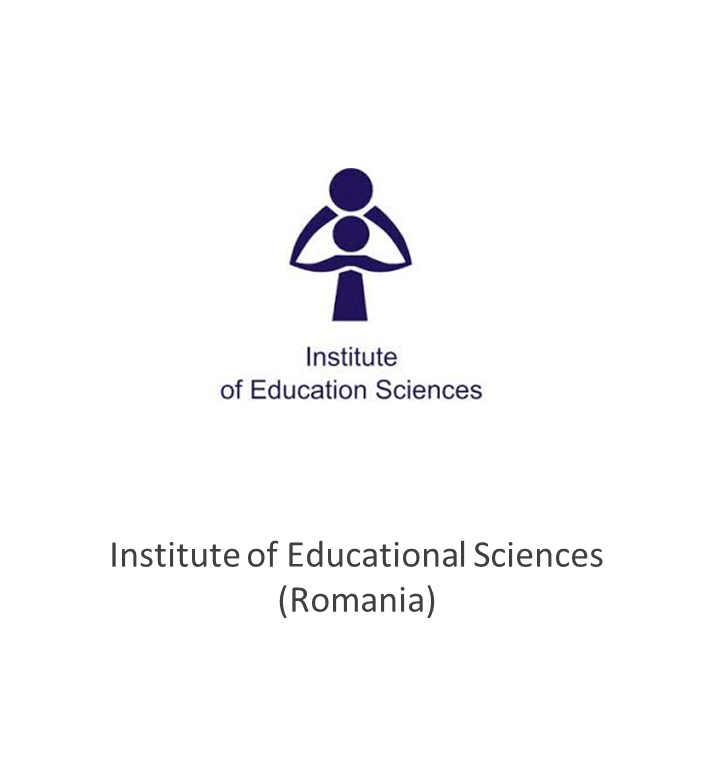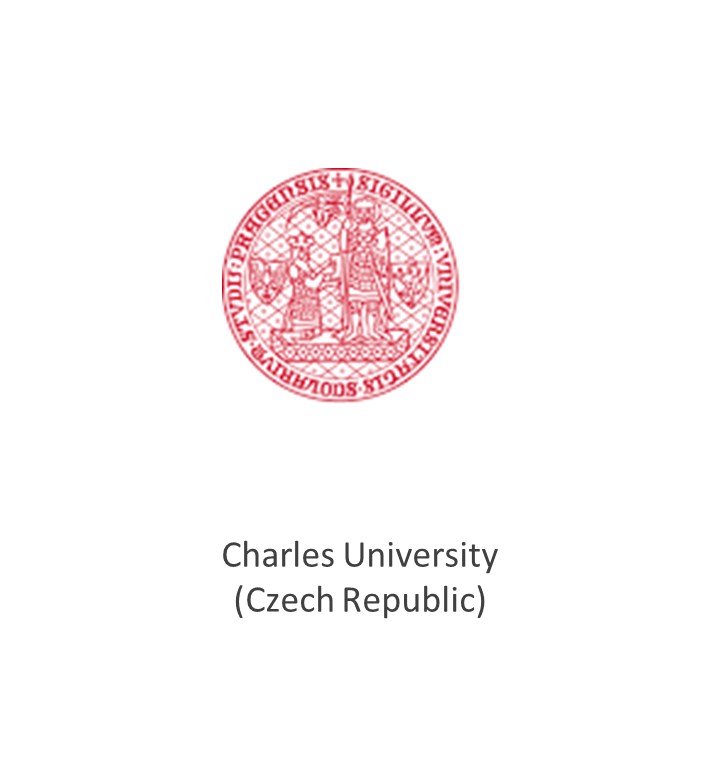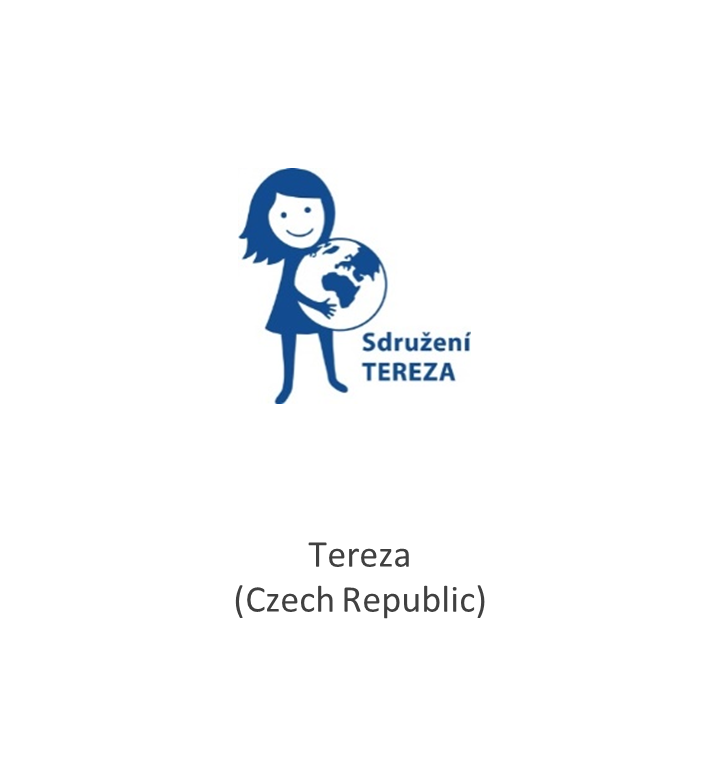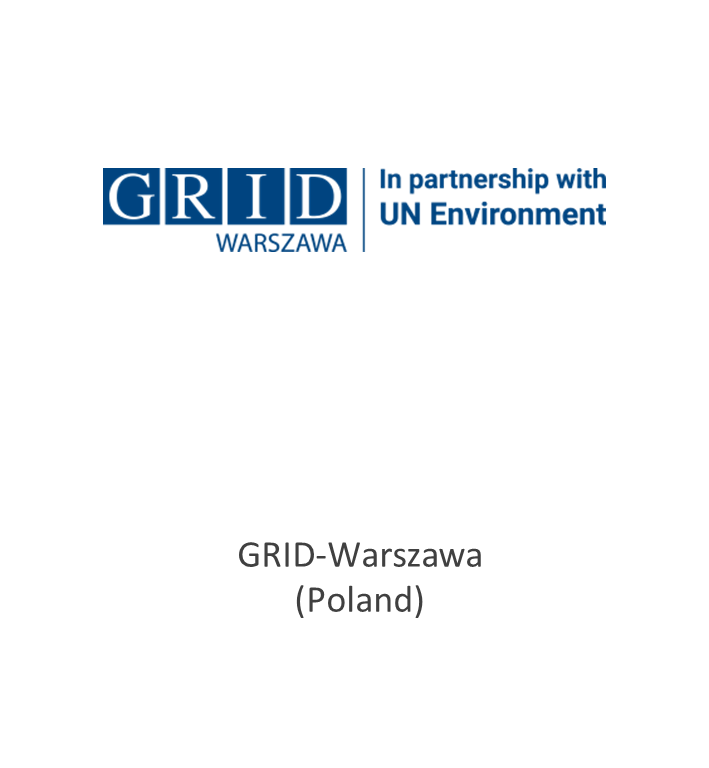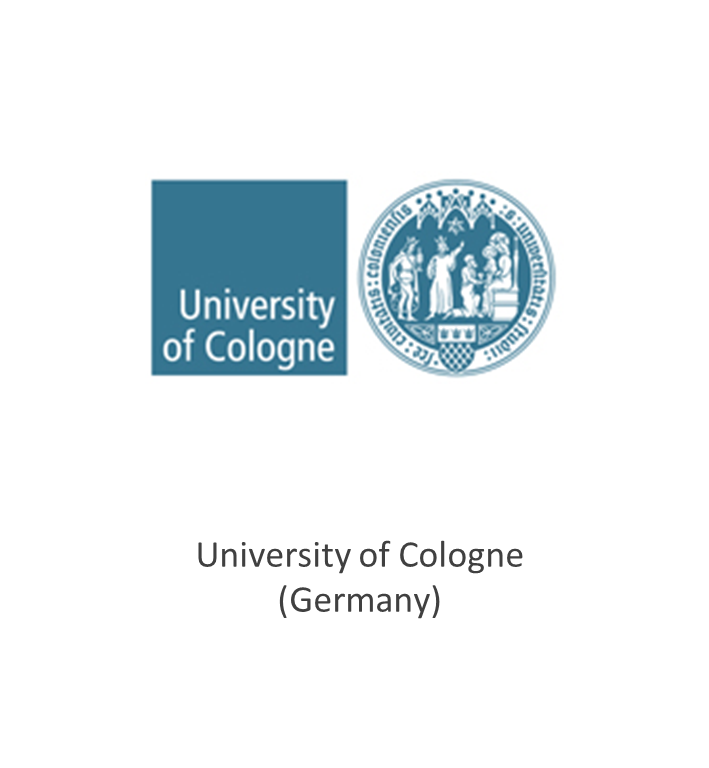Τhis is a pre-announcement of a forthcoming call for applications. The call will open in the first half of February 2020 and will be provided in English as well as in the national languages of the PULCHRA partners.
Open Call for Schools
About project
The project “Science in the City: Building Participatory Urban Learning Community Hubs through Research and Activation” (PULCHRA) aims to explore the open schooling concept in the theme “Cities as urban ecosystems”, in view of creating new partnerships in local communities to foster environmental science education for all citizens. The open schooling concept provides an open and inclusive learning environment; it supports the development of innovative school projects and establishes points of access for all members of the society. Student projects will meet the real needs of the community by drawing upon local expertise and experience
Duration of the project September 2019 – August 2022.
Network of schools
Fifty (50) participant schools from ten (10) EU countries (5 schools per country) together with other interested stakeholders will form the Open Schooling Network. Schools, in cooperation with other stakeholders, will become an agent of community well-being, taken the theme to be explored encompasses the natural environment, the built environment and the socio-economic environment in cities.
Benefits for schools
The participation in the project is an opportunity for the school and its educational community (teachers and students) to take part in an international innovative project dedicated to urban environmental challenges. Through the application of the open schooling concept as well as participatory and co-productive processes, the project will bring real-life projects as related to cities as urban ecosystems, in the classrooms through focused collaborations with Universities, research centres, local authorities, NGOs and enterprises from the private sector.
An important pillar of the project is the integration of innovation, for instance with the use of new technologies, Earth Observation and navigation tools.
Role of the schools
Forming a team. Each school develops its PULCHRA Science education team, involving different stakeholders (teachers, students, parents, scientists, representatives of the local authorities, experts from the private sector, etc.) with emphasis given to the school community.
Organizing City Challenge events. Science Teams will develop real-life projects in the overall theme of “Cities as urban ecosystems”. Projects are to be presented to the local community through an open City Challenge Workshop to take place in the school or any other selected venue. Presentations, open dialogue, invited lectures, open discussions, etc. will enrich the Workshop and its participatory character.
Communication. Each school will define a team called “City Science Reporters”. The task of the team is to disseminate the project, its activities and results to the local community and the public in general. Although the particular type of dissemination tools are to be defined in the course of the project in a co-production process with the schools, one of the tools will be the production of the e-newsletter.
Exploitation. Solutions and exploitation pathways as developed by the PULCHRA schools will be delivered to local authorities, will be published for the public and will populate the City Challenges Platform in view of their dissemination and potential replication.
A limited amount of organizational and transportation expenses will be covered by the PULCHRA project, in agreement with the respective partner per country. School expenses will be managed by each of the PULCHRA partners according to the provisions of the Contract Agreement.
Criteria for schools
In order to become a member of the PULCHRA School Network, a school should comply with certain criteria as divided into two categories: the mandatory (required) and the priority (recommended) ones.
Mandatory criteria
- An application is submitted, duly signed by the school’s principal or any other authorized person.
- The school resides in an urban area;
- School provide education for students between the age of 12 to 18 years;
- The school involves a team of at least 3 teachers, covering a mix of thematic subjects.
Priority criteria - Proven previous environmental education experience at the domestic or international level.
- Proven ongoing or previous involvement in science education projects at the local, national and/or international level.
- Support from the local authority.
- Support from a scientific community.
- Proven links to the local society and other stakeholders.
The selection process will be conducted in two rounds. At first, the application will be assessed against the mandatory criteria. This is a GO/NO GO round; schools which comply with the mandatory criteria will be then evaluated on the basis of the priority criteria. It should be mentioned that taken the differences in the educational systems of the partners in the PULCHRA project into account, minor changes to the priority criteria may apply per partner country.
Selected schools will be asked to sign a letter of commitment aligned to the role of the PULCHRA schools (see Role of Schools).



